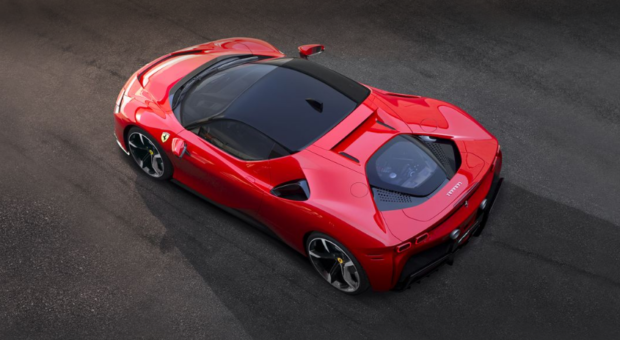
In recent years, the automotive industry has undergone a remarkable transformation, driven by cutting-edge technologies and a relentless pursuit of innovation. From electric vehicles to autonomous driving, the landscape of the automotive world is evolving at an unprecedented pace. In this article, we’ll delve into the exciting advancements that are shaping the future of automobiles.
Electric Revolution: One of the most significant trends in the automotive industry is the widespread adoption of electric vehicles (EVs). Major automakers are investing heavily in the development of electric cars, aiming to reduce dependence on traditional fossil fuels and mitigate environmental impact. Leading the charge are companies like Tesla, with their groundbreaking electric models gaining popularity worldwide.
Electric vehicles not only offer a cleaner and more sustainable mode of transportation but also come with advanced features such as regenerative braking and instant torque. The push towards electrification is evident in the growing number of charging stations globally, making electric cars a viable option for everyday commuters.
Autonomous Driving: Another frontier in automotive innovation is autonomous driving technology. Self-driving cars equipped with sophisticated sensors and AI algorithms are undergoing extensive testing, promising a future where commuting becomes more efficient and safer. Companies like Waymo and Tesla are at the forefront of developing and refining autonomous driving systems.
The integration of machine learning and artificial intelligence allows autonomous vehicles to navigate complex traffic scenarios, interpret road signs, and adapt to unpredictable situations. While widespread adoption is still on the horizon, the continuous advancements in autonomous driving bring us closer to a new era of transportation.
Connected Vehicles: The concept of connected cars is revolutionizing the driving experience. Modern vehicles are becoming more like mobile devices, equipped with advanced infotainment systems, real-time navigation, and connectivity features. Through Vehicle-to-Everything (V2X) communication, cars can exchange data with each other, traffic infrastructure, and even pedestrians, enhancing safety and efficiency on the road.
The advent of 5G technology further accelerates the capabilities of connected vehicles, enabling faster data transfer and seamless communication between cars and the surrounding environment. As the automotive industry embraces connectivity, the possibilities for enhancing the driving experience are endless.
Sustainable Materials and Design: In addition to technological advancements, there is a growing emphasis on sustainability in automotive manufacturing. Automakers are exploring eco-friendly materials, such as recycled plastics and renewable resources, to reduce the environmental impact of vehicle production. Furthermore, the design of automobiles is evolving to optimize fuel efficiency and minimize carbon emissions.
Efforts to create lighter and more aerodynamic vehicles contribute to increased fuel efficiency, while innovative design concepts prioritize sustainability without compromising style and functionality. The marriage of form and function is evident in the latest models, reflecting a commitment to environmental responsibility.
Conclusion: The automotive industry is at the cusp of a transformative era, driven by electric propulsion, autonomous capabilities, connectivity, and sustainable practices. The future promises not only cleaner and more efficient transportation but also a redefined driving experience. As technology continues to evolve, the automotive landscape will undoubtedly witness further innovations that shape the way we move from one point to another.
For more in-depth insights into the automotive industry and the latest trends, visit AutoSpeedMarket.
















